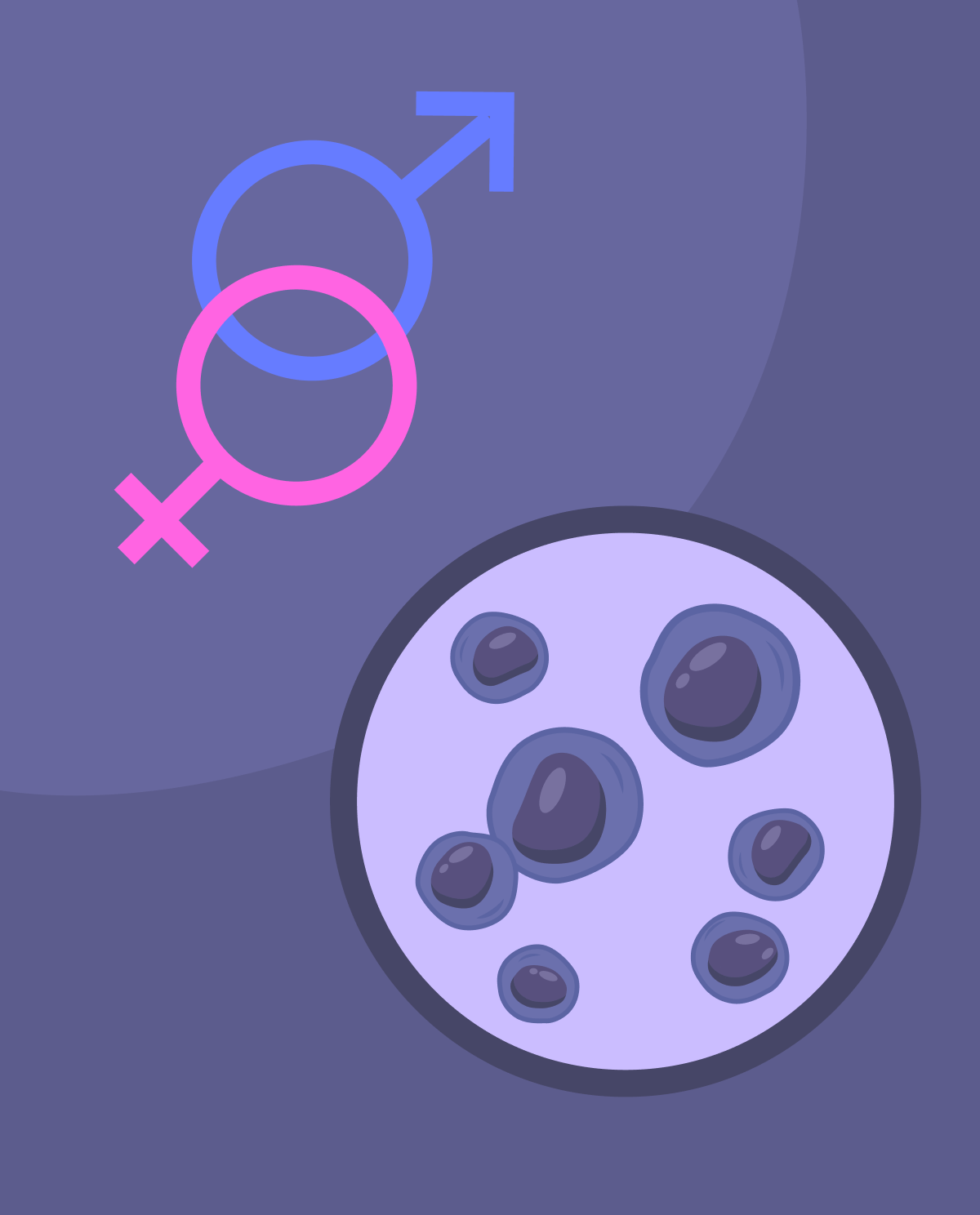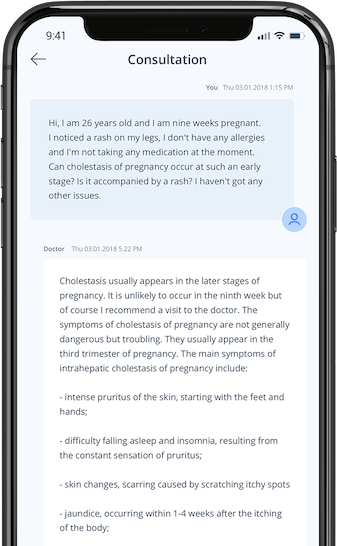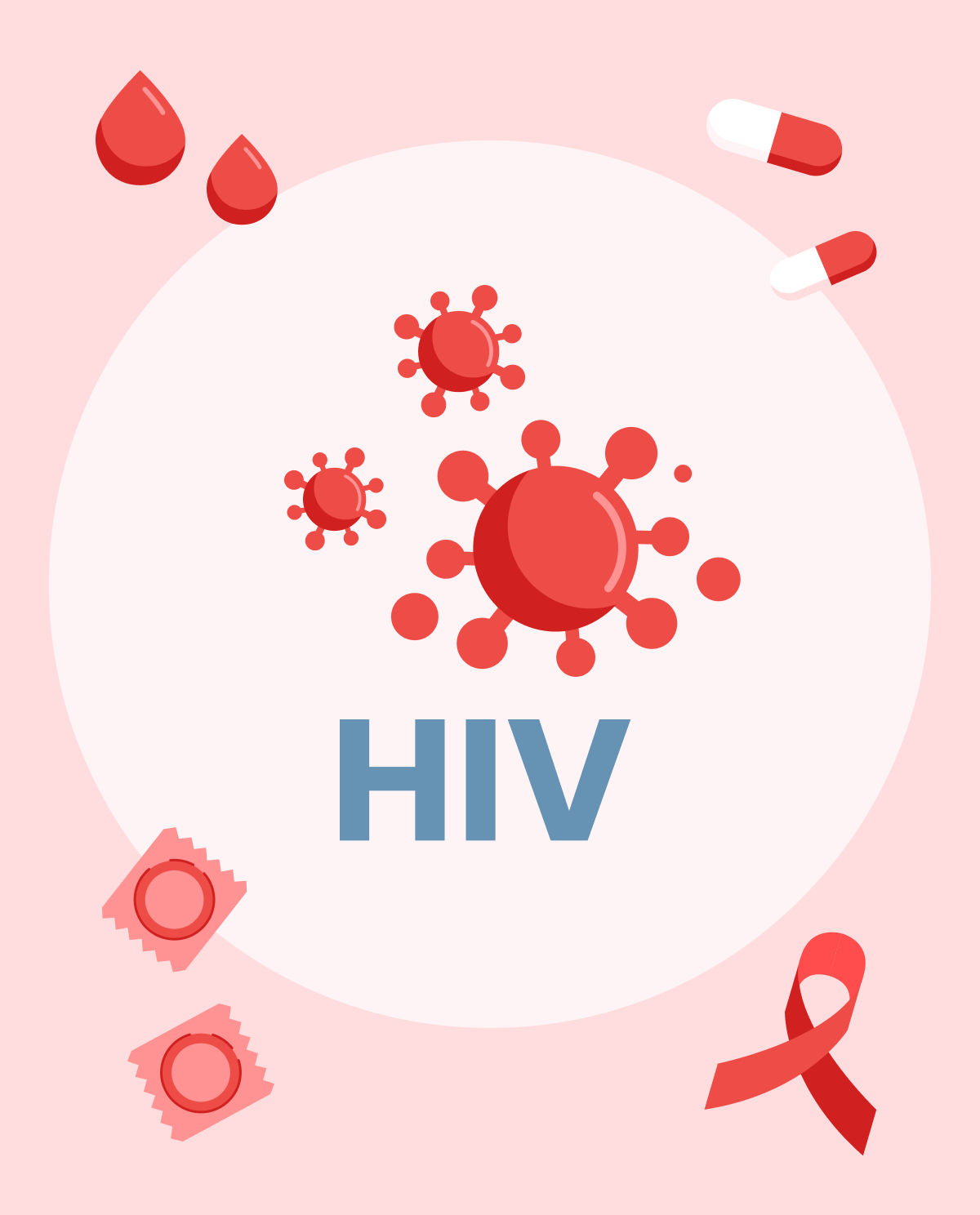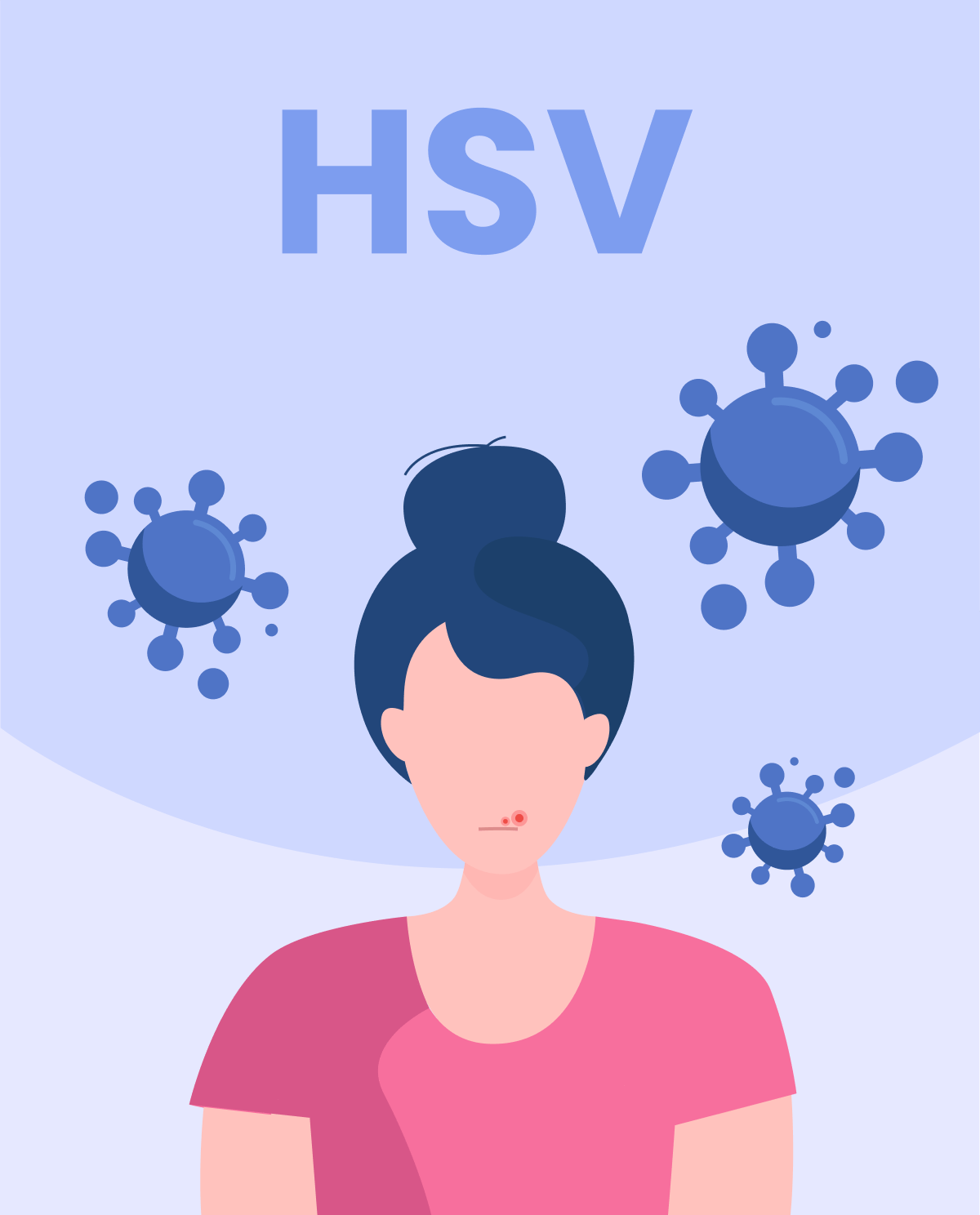Symptoms and complications associated with chlamydia
- Often, there are no symptoms at all.
- Chlamydia can cause conjunctivitis (eye infection) if infected semen or vaginal fluids come into contact with the eye.
- Common symptoms include pain or discomfort during urination, abnormal vaginal discharge, abnormal discharge from the penis, pain or bleeding during sex, rectal pain, discharge, or bleeding (if the infection is in the rectum), sore throat or swollen lymph nodes (if the infection is in the throat).
- In women, chlamydia can cause pelvic inflammatory disease (PID), which can lead to long-term health problems like chronic pelvic pain, ectopic pregnancy, and infertility.
- In men, chlamydia can lead to inflammation of the epididymis (a tube behind the testicles) and infertility.
Diagnostic methods used
Chlamydia can be diagnosed using several methods, including:
- Nucleic acid amplification tests (NAATs): This is the most common and sensitive method used for chlamydia diagnosis. NAATs detect the genetic material of the bacteria in a urine or swab sample from the infected area (such as the vagina, penis, rectum, or throat). NAATs can detect chlamydia in both symptomatic and asymptomatic individuals.
- Nucleic acid hybridization tests: These tests detect the genetic material of the bacteria in a sample taken from the infected area, but they are less sensitive than NAATs.
- Enzyme immunoassay (EIA) tests: These tests detect the presence of chlamydia-specific proteins (antigens) in a urine or swab sample taken from the infected area.
- Direct fluorescent antibody (DFA) tests: These tests use fluorescent dyes to detect chlamydia in a sample taken from the infected area, but they are less sensitive than other tests.
Treatment of chlamydia infection
Chlamydia can be treated with antibiotics, typically a single dose or a 7-day course of antibiotics. Some common antibiotics used to treat chlamydia include:
- Azithromycin: A single dose of this antibiotic is usually effective in treating chlamydia.
- Doxycycline: This antibiotic is usually prescribed for a 7-day course and is an alternative for people who are allergic to azithromycin.
Note that, it is important to take the full course of antibiotics as prescribed by the doctor, even if symptoms improve or disappear before the medication is finished.
Sexual partners of the infected person should also be tested and treated to prevent reinfection and further spread of the infection. It is recommended to avoid sexual contact until treatment is complete and symptoms have disappeared.
It's important to note that even after successful treatment, reinfection can occur if a person is exposed to the infection again. Therefore, practicing safe sex by using condoms and getting regular testing is recommended for sexually active individuals to prevent the spread of chlamydia and other sexually transmitted infections.








